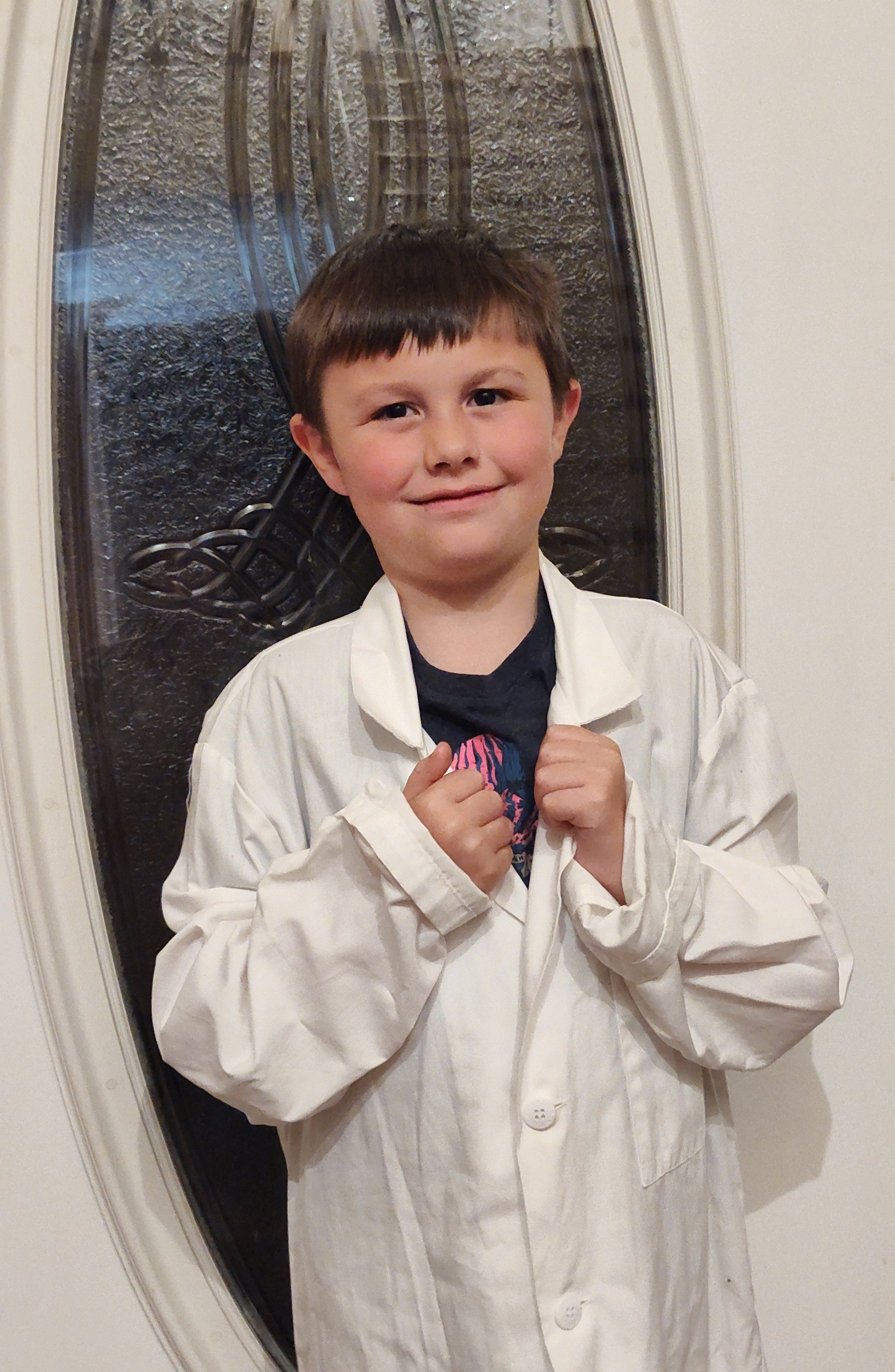I Need Help!

[Healing Part 5] Resources for Healing.
My father was an alcoholic who found sobriety at age 40. He had tried many times before to stop drinking, but it hadn't worked. The resources were there, but he didn't want to use them, or maybe he didn't want to use the ones he needed the most. Something changed when he was forty. He had a mystical experience of the Virgin Mary and never drank again. It was the result of a desperate prayer for help. It was then that he was open to the healing resources he needed.
When you are ready to experience the healing touch of Jesus, it's wise to tap into many resources. You can try the self-help approach: read a book and follow the steps provided. But that should not be the only part of your healing plan. We need more than a book.
Healing Part 3 - Obstacles

Fernando Mendoza's final touchdown in the national championship for college football was amazing. He's the quarterback for Indiana, and when the ball was snapped, he saw an opening and weaved through defenders, spun off a linebacker and almost fell, but regained his balance and dove into the end zone. If he hadn't already won the Heisman, this would have been his Heisman moment. All those obstacles, and he came through, getting the final touchdown.
Our lives are full of obstacles. They may not be as obvious and aggressive as Fernando's, but they are present. With healing, we face tremendous obstacles because our enemy, the devil, does not want us to be healed. Identifying the obstacles is the first step. Once we know who and what is in the way, we can overcome them.
Healing Part 2 - Connections

[Part Two of a series on healing.}
Sometimes our need for healing is obvious. We were abused; we struggle with addiction, or we have cancer. In this post, we'll consider three areas of healing and how they are connected. Once we know the many ways a single wound is manifesting in our lives, we can seek complete healing.
Healing Part 1 - What is it?

What does it mean to be healed? Dr. Bob Schuttes defines healing as “an ongoing encounter with God’s love and truth that brings us into wholeness and communion.” Dr. Bob is a retired therapist, co-host of a podcast called Restore the Glory, and author of many books on healing, including one called Be Healed.
Let's dig into his definition of healing.
A Word for Advent

Advent began this week, so this post is about how to have a spiritually fruitful Advent. It is a season of waiting – anticipating the coming of Jesus. He came once, and He will come again. How can we get ready for His return?
That led me to read the infancy narratives in Luke and Matthew. I was looking for words that reflect the meaning of the season. Maybe something there would help me discern a spiritual practice for the season.
And then I had a thought.



